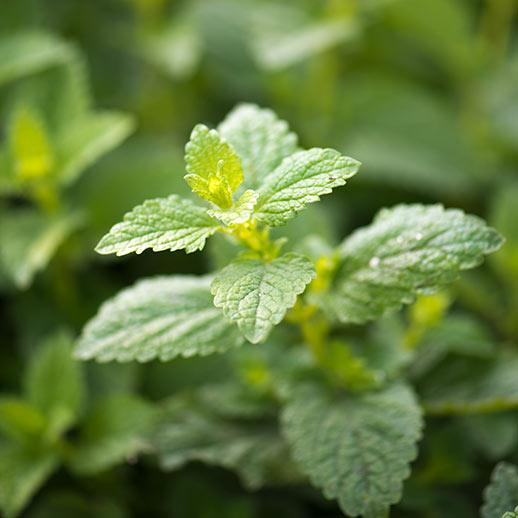Awad R, et al. Phytother Res. 2009 Aug;23(8):1075-81. Blumenthal M. The Complete German Commission E Monograph; American Botanical Council, Austin, TX; 1998:124. Kennedy DO et al. Phytother Res. 2006 Feb;20(2):96-102. Kennedy DO, Scholey AB, Tildesley NT, et al. Pharmacol Biochem Behav. 2002 Jul;72(4):953-64. Kennedy DO et al. Neuropsychopharmacology. 2003 Oct;28(10):1871-81. Kucera LS et al. Ann N Y Acad Sci. 1965 Jul 30;130(1):474-82. Mazzanti G, Battinelli L, Pompeo C, et al. Nat Prod Res. 2008;22(16):1433-40. Müller SF, Klement S. Phytomedicine. 2006 Jun;13(6):383-7. Nolkemper S, Reichling J, Stintzing FC, et al. Planta Med. 2006 Dec;72(15):1378-82. Schnitzler P, Schuhmacher A, Astani A, Reichling J. Phytomedicine. 2008 Sep;15(9):734-40. Photo by Georges Jansoone. Kennedy D, Wake G, Savelev S, et al. Modulation of mood and cognitive performance following acute administration of single doses of Melissa officinalis (lemon balm) with human CNS nicotinic and muscarinic receptor-binding properties. Neuropsychopharmacology (2003) 28, 1871-1881.
